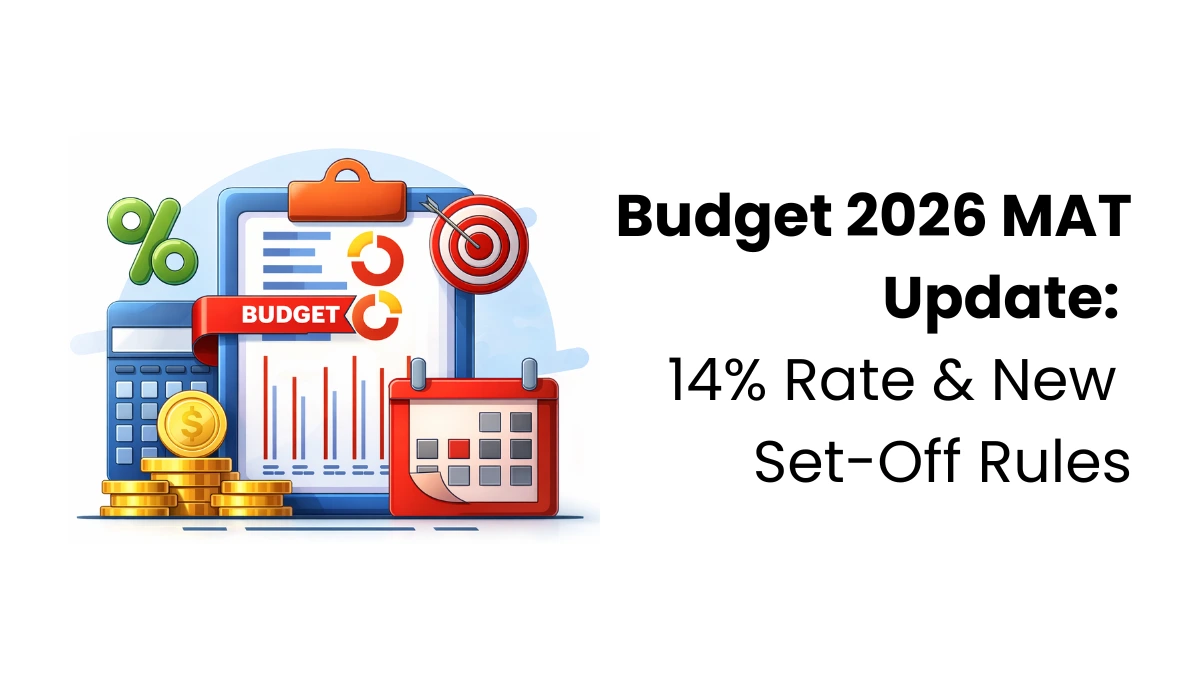Keyword research means finding and studying the words people type into search engines. It helps you know which topics to focus on, how popular they are, and how hard it is to rank for them. So, effective keyword research is useful for SEO and marketing.
Understanding Niche Keywords
Keyword ranking means choosing the right keywords for your business and getting them to rank high in search results. When you rank well for the right keywords, more people visit your website, and you can get more customers. The higher you rank, the more people see your page. But if you rank for the wrong keywords, it won’t help. So, it’s important to know high-intent keywords to target and how to rank for them.
How Search Engines Rank Keywords
Search engines use these factors to rank keywords;
- Matching content: Your page should closely match the keyword.
- Trustworthiness: Having backlinks from trusted websites helps.
- Good website experience: Your site should load fast, work well on mobile, and be easy to use.
- User actions: More clicks and longer visits on your page improve rankings.
Search engines keep updating their rules, so you must adjust your strategies regularly.

Strategies for Effective Keyword Research
Use Niche Keyword Generators
Many SEO tools can help you find related keyword ideas. Here are a couple of free options you can try for effective keyword research:
Answer the Public
This tool takes the keyword you give it and shows related phrases and questions (long-tail keywords). It’s a great way to get content ideas.
Wordstream
This tool shows search volume and cost-per-click (CPC). It’s useful if you’re also running paid ads. However, free tools have limitations, like only working with Google US data and limiting the number of searches you can do.
To learn more about this, joining a digital marketing course online is the best option. These courses allow learners to gain knowledge on keyword research.
Advanced Strategies for Ranking Keywords
Now that you have a list of long-tail keywords to target, it’s time to use strategies to rank higher in your niche. These strategies help increase traffic to your website, improve its visibility on search engines, and boost conversions.
With the latest Google updates, the search algorithm focuses on what users want, how relevant the content is, and the overall user experience. Your keyword strategy should create high-quality, useful content that answers users’ questions and needs.
Keyword Mapping
First, decide where to use your keywords by splitting them into two groups:
- Broader keywords with higher search volume should go into cornerstone content. This is detailed, long-form content like articles or pages covering in-depth topics. This content helps organize your site into different sections or silos.
- Long-tail keywords should be used in supportive content, like blog posts. Once you create this content, link it to your cornerstone content. This helps improve your website’s authority on certain topics.
Regular Content Updates
Updating your content regularly tells Google that your website is fresh and up-to-date, which search engines like. It shows that your site stays active and provides the latest information in your niche. Updating content isn’t just about editing old pages. It’s also about ensuring your content uses the right keywords to attract your audience. This is where tracking keywords come in.
By tracking effective keyword research, you can see how well your content matches what people are searching for. Monitoring things like search volume and changes in competition helps you adjust your strategy.
Updates done can be easy and quick. Instead of rewriting everything, try updating guides or listicles every year. Small changes like updating the year in titles or checking that all products are current are simple ways to keep your content fresh.
Optimize Your Website for Mobile Devices
As more people use mobile devices, Google now ranks mobile-friendly websites higher. Why? because most people search on their phones. It’s important to make your website easy to use on mobile. This will help with your rankings and give users a better experience.
If your website is old and your rankings are dropping, consider updating it. If done correctly, improving your site speed and design for mobile users can help improve your rankings.
Integrate Local SEO Practices
People searching for businesses nearby often use ” near me” searches. That’s why local SEO is important. It helps your website appear in these searches and attracts nearby customers looking for your products or services. To improve your rankings, focus on local customers. This helps Google show the best local results to users. Local SEO includes strategies like:
- Optimizing your Google My Business profile
- Using local keywords
- Getting customer reviews
- Keeping your Name, Address, and Phone number (NAP) the same across different online directories
Monitoring and Adjusting Your Keyword Strategy
To stay ahead, you need to monitor your keywords’ performance. Look for trends and be ready to adjust as search habits and search engine rules change. If your rankings drop, it’s time to adjust your strategy. Find out why—maybe new competitors appeared, or people are searching differently. By checking the data, you’ll know how to improve.
This ongoing process helps you stay on top of your niche. The key is to stay flexible and keep your website and content updated with changes. Effective keyword research is mandatory to dominate your niche.
To make your keyword research more effective, joining the best digital marketing course is the best option, as it allows learners to acquire more knowledge in the digital marketing sector.










